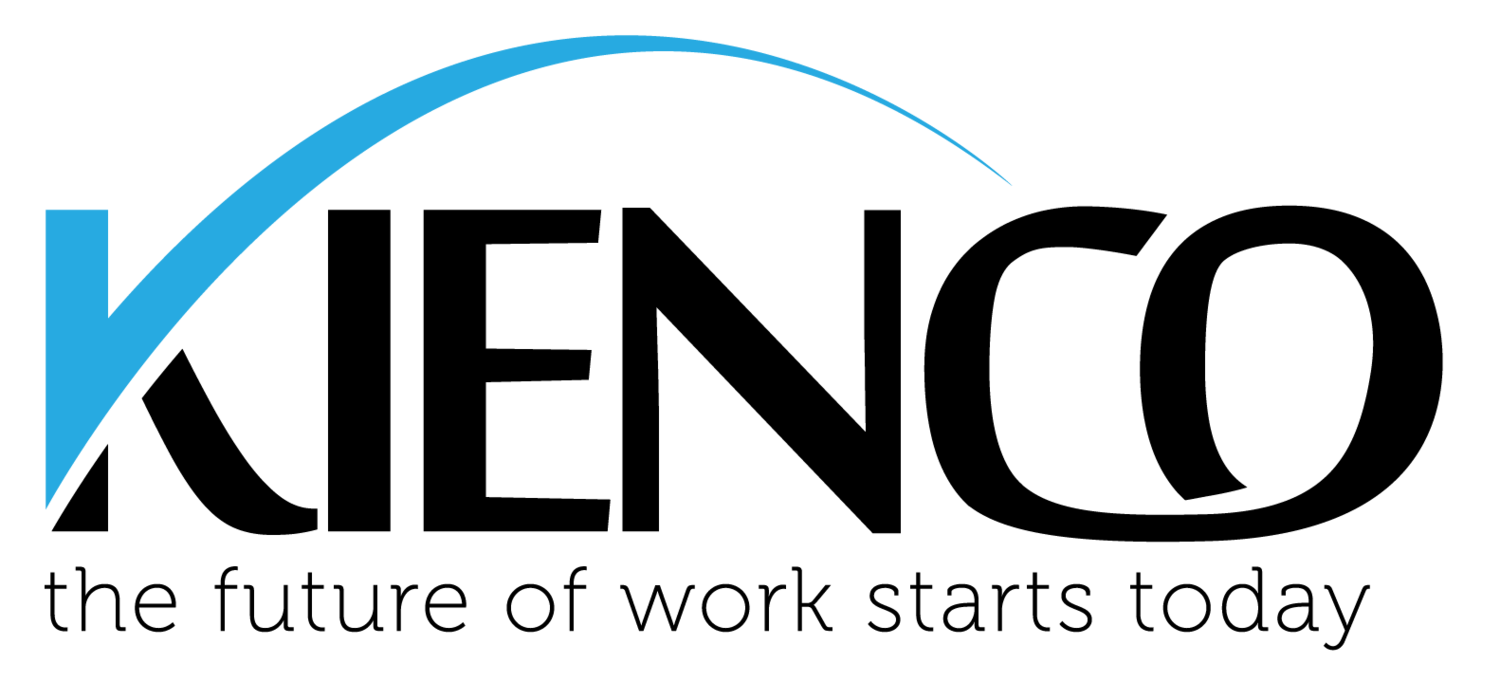One way to generate innovative ideas is to stop trying to think outside the box, and to get yourself a smaller box instead.
Viewing entries in
Strategic Workforce Planning
Human Resources departments have finite resources of time, money, and focus. When it comes to effective Strategic Workforce Planning, what not to do is as important as what to do.
Beechcraft 1900D Cockpit
I had the pleasure of travelling around the spectacular Bay of Plenty region in New Zealand last week, developing 2024 workforce strategy with some incredible people. The hop from Auckland to Rotorua was on a Beechcraft 1900D, and I was fortunate enough to be in 1F - the seat that gives you the best of the cockpit, which gave me pause for thought about workforce analytics dashboard design. Although I usually advocate for a "less is more" approach to analytics in dashboards, the dashboard of an aircraft is fascinating - every gauge, every dial serves a purpose and provides real-time, actionable data. Many business analytics dashboards don't exhibit these properties. A good rule of thumb when determining whether workforce analytics should be reported is to ask these three questions:
- What?: What information is this display giving us? Does it make sense, and can its purpose be clearly communicated?
- So What?: Why does this information matter - what is it's connection to organisational strategy? What's the context as to why we are reporting this?; and
- Now What?: Is the data actionable, and if so, how?
If you're unable to answer these three questions, it may be time to take your dashboard back to the drawing board.
Mars One is an initiative to create a human settlement on Mars, with the first crew expected to depart earth in 2024. Although I can't imagine applying to go on a one-way mission to Mars, I'm fascinated by the concept and intrigued by the process.
Needless to say, taking a job like this is no small commitment - you are literally giving your life to your job, and the first crew of four's commitment and preparation will determine the success of a program to colonise another planet. (No pressure).
What's particularly interesting to me is the selection criteria - although there are some age requirements and no doubt health requirements, the five key criteria are Resiliency, Adaptability, Curiosity, Ability to Trust, and Creativity / Resourcefulness. Technical skills can be taught, even on a scientific mission - but the right persona is critical. We see this playing out in all different industries, all round the world - what differentiates a competent member of the workforce from an exception performer is rarely a technical skill - but we typically source for and develop on technical skill alone.
Mars One Way from VITA BREVIS FILMS on Vimeo.
What are the competencies, skills, and personas that separate high performers from everyone else in your workforce? Knowing that, what are you doing to build HR initiatives to stack the deck towards high performance?
The Elephant in the Room is that a lot of HR practices in organisations today don't support innovation, creativity, or engagement. As told by a story about an actual elephant in an actual room at the Smithsonian.
Embrace innovation - and a touch of the bizarre - by thinking like Howard Hughes. Because there is no box to think outside of when you're Howard Hughes.
Today, Facebook celebrates its' 10th Birthday, and Mark Zuckerberg's post talks about connectedness and how the world has changed in the past decade. He also refers to how social media will change over the next 10 years to become as much about solving problems as about sharing moments, particularly in light of new technologies which will have us generating and sharing more data.








